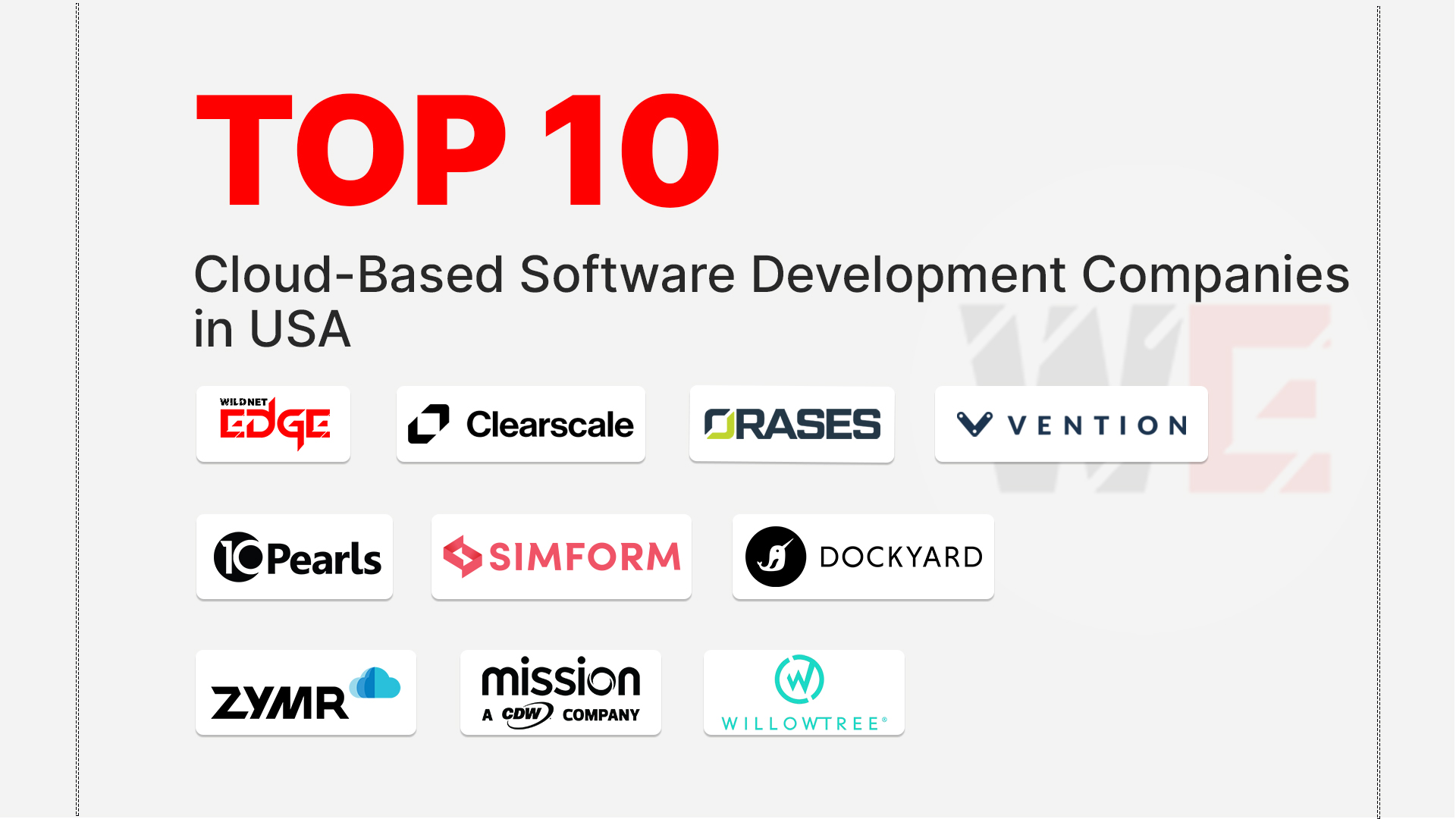TL;DR
This article examines the transformative impact of artificial intelligence in the fintech sector, with a specific focus on risk management and fraud detection. It explains that AI in fintech is moving financial services from a reactive to a proactive stance against threats. The guide details core applications, such as how AI for fraud detection uses machine learning to analyze transactions in real-time and identify anomalies that indicate illicit activity. It also covers how AI for credit scoring provides a more accurate and inclusive assessment of risk. The piece emphasizes that for financial institutions, adopting an AI-driven strategy is now essential for enhancing security, ensuring compliance, and gaining a significant competitive advantage.
The financial services industry is built on a foundation of trust and risk management. For centuries, this has been a largely manual process, relying on human expertise to assess threats and make decisions. Today, the volume and velocity of digital transactions have made that model obsolete. A new, more powerful ally has emerged: artificial intelligence. The strategic integration of AI in fintech is not just an upgrade; it is a fundamental revolution in how financial institutions manage risk and protect their assets.
What is AI in Fintech?
AI in fintech refers to the use of intelligent systems to analyze financial data, automate processes, and make predictions that enhance financial services. Unlike traditional software that follows rigid rules, AI algorithms can learn from data, identify complex patterns, and adapt to new information in real-time. This capability is what makes AI in financial services so powerful. It allows institutions to move from a reactive posture cleaning up after a problem occurs to a proactive one, where potential risks are identified and neutralized before they can cause damage.
The Critical Role of AI in Risk Management
In the world of finance, risk is constant. It can take the form of market volatility, credit defaults, or fraudulent activity. AI provides a suite of powerful tools to manage these risks with speed and accuracy that is impossible for humans to achieve.
Flagging Fraud Detection
This is one of the most impactful applications of AI in fintech. Traditional fraud detection systems rely on simple, rule-based alerts (e.g., “flag any transaction over $10,000”). These systems are easy for sophisticated criminals to circumvent. AI for fraud detection, on the other hand, uses machine learning to analyze thousands of data points for every single transaction in real-time. It can identify subtle, anomalous patterns in user behavior that may indicate fraud, allowing institutions to block illicit transactions instantly. This is a critical capability in modern AI in banking.
Creating Smarter, Fairer Credit Scoring
The traditional credit scoring model is often limited, relying on a small number of historical data points. AI for credit scoring can analyze a much wider range of alternative data such as cash flow patterns or digital footprint to create a more holistic and accurate picture of an individual’s or business’s creditworthiness. This not only leads to better lending decisions for the institution but also promotes financial inclusion by providing access to credit for those who might be overlooked by traditional models. This often requires sophisticated Machine Learning Development to build and train these complex models.
Enhancing Regulatory Compliance (RegTech)
The financial industry is heavily regulated, and the cost of non-compliance can be enormous. AI can help automate the process of monitoring transactions and communications to ensure they adhere to regulatory standards like Anti-Money Laundering and Know Your Customer. This form of AI for Automation reduces the risk of human error and provides a clear audit trail for regulators.
Our AI in Fintech Services in Action: Case Studies
Case Study 1: A Bank’s Real-Time Fraud Detection Engine
- The Challenge: A regional bank was struggling with an increase in sophisticated credit card fraud. Their old, rule-based system was generating too many false positives, frustrating legitimate customers while failing to catch new types of fraud.
- Our Solution: We developed a custom AI for fraud detection engine. The machine learning model analyzed transactional data in real time, scoring each transaction for its likelihood of being fraudulent. The system could identify and block high-risk transactions instantly while allowing legitimate ones to proceed without friction.
- The Result: The bank reduced its fraudulent transaction losses by 60% in the first year. The number of false positives also dropped by 80%, which significantly improved customer satisfaction and reduced the workload on their fraud investigation team.
Case Study 2: A Lending Startup’s Alternative Credit Scoring Model
- The Challenge: A fintech startup wanted to offer loans to small businesses that were often rejected by traditional banks. They needed a more accurate way to assess risk than a simple credit score.
- Our Solution: We provided our Predictive Analytics AI services to build an alternative AI for credit scoring model. The model analyzed a wide range of data points, including real-time cash flow from the business’s bank accounts and their online reviews, to generate a comprehensive risk profile.
- The Result: The startup was able to approve 30% more loans than traditional models would have allowed, with a default rate that was 15% lower than the industry average. Their data-driven approach became their key competitive advantage.
Our Technology Stack for Fintech AI
We use a secure, scalable, and high-performance stack to build mission-critical financial applications.
- AI & Machine Learning: TensorFlow, PyTorch, Scikit-learn, Keras
- Big Data & Processing: Apache Spark, Databricks, Kafka
- Cloud Platforms: AWS, Google Cloud, Microsoft Azure (with a focus on financial services compliance)
- MLOps: Kubeflow, MLflow, Amazon SageMaker
- Programming Languages: Python, Java, Scala
Conclusion
Thus, the integration of AI in fintech is essential for survival and growth in today’s financial landscape. From robust AI for fraud detection to fairer AI for credit scoring, these technologies provide the critical tools to manage risk in an increasingly digital world. A strategic investment in AI is an investment in the security and future of your business.
Ready to transform your risk management strategy? Wildnet Edge is your partner for building advanced AI in financial services. Our AI-first approach ensures we deliver intelligent, secure, and compliant Custom Software Development that provides a measurable, long-term competitive advantage.
FAQs
You can justify the investment by calculating the “cost of inaction.” By baselining your current annual losses from fraud and projecting a conservative reduction rate based on AI implementation, you can quickly demonstrate a powerful financial case for the project’s ROI.
The biggest barrier is often regulatory and ethical. You must be able to prove to regulators that your AI model is not biased and that its decisions are explainable. This requires a strong AI governance framework from day one.
An underrated but high-impact use case is in hyper-personalizing customer communication. AI can analyze a customer’s transaction history and behavior to offer them relevant financial advice or product recommendations, which significantly boosts customer loyalty.
Yes. Your compliance team will need to develop skills in data analysis and AI ethics. They need to understand how to audit an algorithm for bias and interpret the outputs from model monitoring tools to ensure ongoing compliance.
Security is the top priority. It requires a multi-layered approach, including using a cloud environment that is compliant with financial regulations, enforcing end-to-end data encryption, and implementing strict, role-based access controls for all sensitive data.
While off-the-shelf products are a good start, financial risks are often unique to a specific business. A custom solution can be trained on your proprietary data and tailored to your specific risk profile, which often results in a much more accurate and effective model.
A well-defined pilot project, such as an initial fraud detection model, can often be developed and deployed to show initial results within 4 to 6 months. This allows you to prove the value quickly before committing to a full-scale, enterprise-wide implementation.

Managing Director (MD) Nitin Agarwal is a veteran in custom software development. He is fascinated by how software can turn ideas into real-world solutions. With extensive experience designing scalable and efficient systems, he focuses on creating software that delivers tangible results. Nitin enjoys exploring emerging technologies, taking on challenging projects, and mentoring teams to bring ideas to life. He believes that good software is not just about code; it’s about understanding problems and creating value for users. For him, great software combines thoughtful design, clever engineering, and a clear understanding of the problems it’s meant to solve.
 sales@wildnetedge.com
sales@wildnetedge.com +1 (212) 901 8616
+1 (212) 901 8616 +1 (437) 225-7733
+1 (437) 225-7733
















 AI Development Services
AI Development Services Industry AI Solutions
Industry AI Solutions AI Consulting & Research
AI Consulting & Research Automation & Intelligence
Automation & Intelligence













